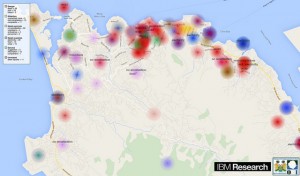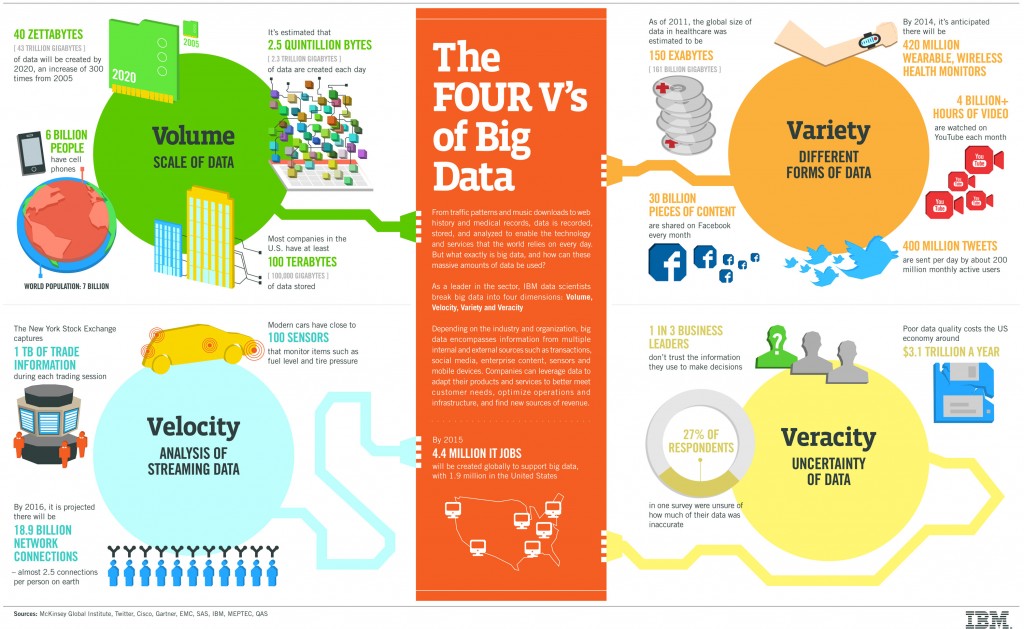 At the peak of the Ebola epidemic in West Africa, a Kenyan start-up created a reporting SMS-based system that allowed communities in Sierra Leone to alert the government on new infections and response in different areas of the country.
At the peak of the Ebola epidemic in West Africa, a Kenyan start-up created a reporting SMS-based system that allowed communities in Sierra Leone to alert the government on new infections and response in different areas of the country.
Echo Mobile would then send the texts sent by citizens and health workers to the Central Government Co-ordination Unit that analyzed the data through a system developed by IBM Africa research lab.
Echo Mobile would then send the texts sent by citizens and health workers to the Central Government Co-ordination Unit that analyzed the data through a system developed by IBM Africa research lab.
The data has helped the government map the spread of Ebola and quickly respond to new infections while at the same time managing the epidemic in the affected communities. Echo Mobile has demonstrated how the continent can leverage on simple data to respond to real situations and create precise, effective solutions in good time.
4Vs
While the most accepted definition of big data is literally massive data sets that need supercomputers to analyze and make sense of, IBM has deconstructed the term by attaching the 4 Vs for data to qualify as ‘big data’ – volume, variety, veracity, and velocity.
IBM estimates 2.5 quintillion bytes of data or 2.5 Billion gigabytes, is generated every day as a result of a world increasingly dependent on the internet and connected devices. It is further estimated that 90 percent of the world’s data has been created in the last 2 years. For scope, Google announced 100 hours of video were uploaded on YouTube every minute in 2014.
The variety of the data –from CCTV cameras, social media, voice and text data etc – is constantly being churned out every second from as many sources and at the rate at which it is being forgotten.
“But it is not enough to have all this data if you cannot verify its authenticity and that’s where veracity comes in,” explains Cory Wiegert, IBM Software Group’s Product Director for Africa. “By these standards (4Vs), you will find that all data is big data.”
Wiegert says the end-game of big data is to find context and meaning by deploying intelligent analytics to enable users make better decisions. He gives an example of IBM’s cloud application codenamed Watson which has super analytic capabilities giving users sophisticated visualizations.
“Watson feeds on volumes of data. We can feed Watson with loads of medical data – from oncology journals to patient files – where doctors are getting a more detailed picture when treating cancer patients or in research,” explains Weigert.
Big data in Africa
While the 4Vs threshold captures big data in mature markets, emerging markets in Africa present a unique challenge to data scientists. Verifying the authenticity of data and a lack of an entrenched data collection and data-driven decision-making culture complicates the roll-out of big data projects. However, there are pockets of change across the continent.
“The business community in Africa is starting to take interest in big data. Through social media analytics, businesses are getting insights on what consumers are saying about their brands and services. This ultimately leads to innovation and improved service delivery as businesses adapt to the needs of consumers,” says Weigert.
An IDG Connect research, revealed Kenya and Nigeria are ahead of the curve in adapting big data solutions with 75 percent of respondents in the process or planning to deploy big data projects.
Still, capacity to implement the projects in these two countries is low pointing to a lack of awareness on the full benefits of big data ROI.
Odang Madung, co-founder of Odipo Dev – a Nairobi-based data startup, says sectors that are growing their user bases can immediately reap from data analysis.
“Very many industries could benefit depending on how you think of it, but the ones that are especially ripe for the challenge are telecommunication, finance, retail and media companies,” says Madung.
Kenya Power, for instance, recently deployed an automated system that will not only consolidate customer data collection from 10 different sources, but also mine and analyze customer data.
The analytics solution gives Kenya Power ability to perform complex queries on data to give better insights on the varying needs of customers across different regions.
Mobile operators receive loads of data per day in the form of voice, internet data and texts. Privacy issues aside, allowing data scientists to glean through a particular data set can help tailor solutions specific to regions.
A 2008-2009 research by a team of researchers from Harvard School of Public Health, KEMRI and Carnegie Mellon University revealed how incidence of Malaria spread from Lake Victoria region to the rest of the country. The researchers monitored movement of 15 million Kenyans using 11,920 cell towers and compared that data with the Ministry of Health records showing number of people with Malaria.




































